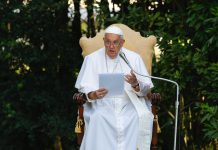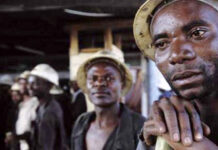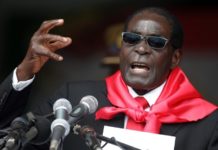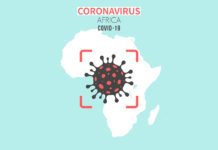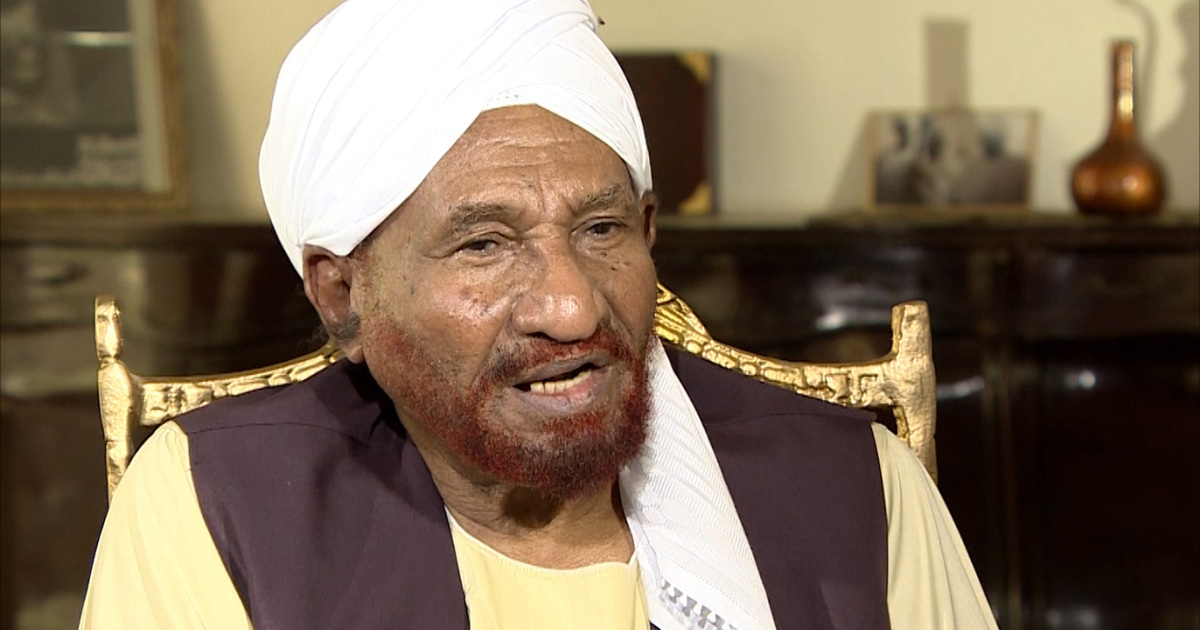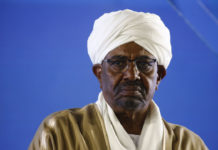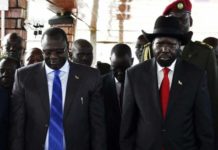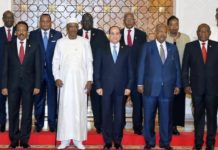KHARTOUM (Reuters) – Leading Sudanese politician and former prime minister Sadiq al-Mahdi died from a coronavirus infection three weeks after being hospitalised in the United Arab Emirates, according to family sources and a party statement early on Thursday.
Mahdi, 84, was Sudan’s last democratically elected prime minister and was overthrown in 1989 in the military coup that brought former president Omar al-Bashir to power.
The moderate Umma Party was one of the largest opposition parties under Bashir, and Mahdi remained an influential figure even after Bashir was toppled in 1989.
Last month, al-Mahdi’s family said he had tested positive for COVID-19, and was transferred to the UAE for treatment a few days later following a brief hospitalisation in Sudan.
In a statement, the Umma Party said Mahdi would be buried on Friday morning in the city of Omdurman in Sudan.
Mahdi had returned to Sudan in December 2018, following a year-long self-exile, just as protests over worsening economic conditions and Bashir’s rule gathered steam. His daughter Mariam Sadiq al-Mahdi, deputy leader of the Umma Party, was among those detained during the demonstrations.
While a successor to the party head has not yet been announced, she has been the most visible party leader in political negotiations and the media in recent years.
Opposition parties were weakened greatly under Bashir’s three-decade regime, and are jostling for power with the military during Sudan’s transition, making the Umma Party’s continued unity crucial to maintaining the balance of power.
After the military forced Bashir out from power, Mahdi pushed for a transfer to civilian rule, warning in interviews with Reuters of the risks of a counter-coup and calling for the powerful, paramilitary Rapid Support Forces (RSF) to be integrated.


